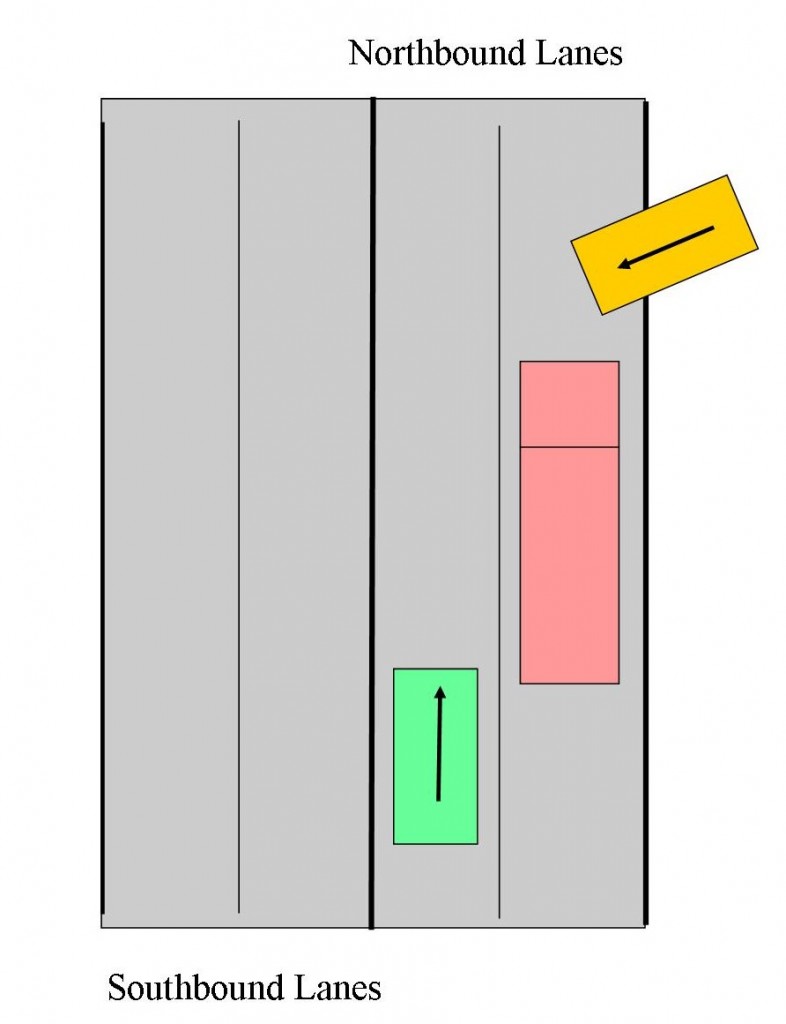I'm looking for a word, but I don't think any existing word has the meaning I'm looking to express. Hence, I believe that we need to create a new word. There isn’t any rule that we can’t create new words, of course. It's done all the time (Shakespeare did far more than his share). The way to create a neologism is simply to announce it and then hope it goes viral.
The concept I would like to express is not simple—it is a compound somewhat-conflicting concept. Of course, individual words can richly express compound ideas. Take, for instance, the Chinese word for “crisis,” which is often thought to consist of two characters that stand for danger and opportunity (though I’ve recently learned that this delightful story seems to be a myth). Or consider the German word “schadenfreude,” which in pop culture means “'shameful joy', or taking pleasure in the suffering of others.
But I digress. We need a new word for the following concept:
Short-sighted dangerous action motivated by instinctual kindness.
I saw this situation in action two days ago, while I was driving the green car northbound on a four-lane road (see the image below). The pink truck had come to a stop ahead of me and to my right, in front of a hotel. As I found out (suddenly) the truck had stopped to allow the yellow car make a left turn out of the hotel driveway to go southbound.

The yellow car popped right out in front of me and I had to slam on my brakes (no collision resulted). This is a stunt that you see every so often—a tall stopped vehicle waving the shorter vehicle to blindly drive out into traffic on road having more than two lanes. I have worked as an attorney on a couple traffic cases like this. In one case of those cases, a well-intentioned driver slowed down on a road with two lanes in each direction (failed to take the right of way) in order to wave a child across the street in front of him. He did it out of kindness. The child was killed by a car that didn't see child until the child stepped out into the second lane of traffic.
Regarding my traffic incident two days ago, the truck should have taken its right-of-way thereby allowing the yellow car to fend for itself. Doing this would have seemed less considerate, of course, but it would certainly have been a better option than the short-sighted dangerous action that the truck driver took.
Therefore, if you are reading this, let me know whether you have any ideas for a new word to capture all of these ideas: Short-sighted dangerous action motivated by instinctual kindness. Or let me know if there is an existing word that has this meaning. Once we lock onto a word with this meaning, I’ll use it every day, I assure you. It would have applications in situations too numerous to fathom, most of them having nothing to do with traffic.
It might become my second-favorite word of all time (the first is “
paltering”).


